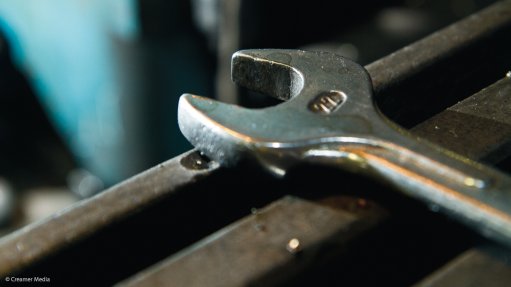
Photo by: Duane Daws
The National Employers Association of South Africa (Neasa) on Tuesday filed an urgent application for leave to appeal Justice Hilary Rabkin-Naiker’s December 1 judgment dismissing its urgent application to prevent the Metal and Engineering Industry Bargaining Council (MEIBC) from requesting Labour Minister Mildred Oliphant to extend a July agreement between the Steel and Engineering Industries Federation of South Africa (Seifsa) and trade unions, to nonparties.
In addition to the appeal, Neasa had also petitioned the Minister and requested she hold off on any extension decision until the appeal had been finalised.
“Neasa [has] informed the Minister of the fact that it disagrees with many of the Labour Court’s findings on issues of law and fact and that Neasa has been advised that there are overwhelming prospects that a higher court will reach a different conclusion,” the employer association said.
Neasa stated that its urgent appeal was based on multiple grounds, including that the court erred in finding that organisations/persons, other than constitutionally elected representatives, could vote at meetings of the Management Committee or other structures of the MEIBC, as well as in impliedly finding that the MEIBC's constitution was of no relevance when a decision was taken to request the Minister to extend an agreement to nonparties.
Further, Neasa also believed the court erred in in finding that parties or persons, who were otherwise not entitled to vote, were entitled to vote on the extension of an agreement, in finding that the arbitration initiated by Neasa on the constitutionality of the MEIBC, was still ongoing, and in finding that Seifsa, a federation of employers' organisations, was an employers' organisation in terms of the Labour Relations Act.
The National Union of Metalworkers of South Africa and five other unions earlier this year accepted Seifsa’s offer of a 10% wage increase for the lowest-grade employees for three years; however, Neasa had not signed the agreement, arguing that the increase was at an “unsustainable level” and would cause the metals and engineering industry to decline even further.